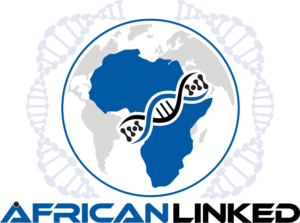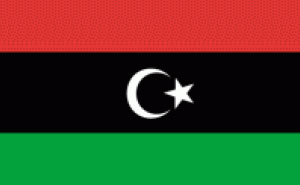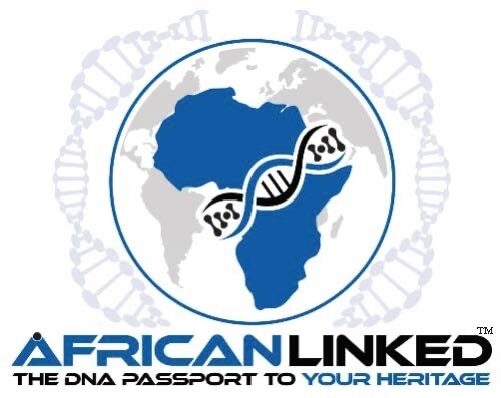
Libya
Digital Passport

Chairman of the General National Congress: Nouri Abusahmen (2013)
Prime Minister: Abdullah al-Thinni (interim; 2014)
Total area: 679,358 sq mi (1,759,540 sq km)
Population (2014 est.): 6,244,174 (growth rate: 3.08%); birth rate: 18.4/1000; infant mortality rate: 11.87/1000; life expectancy: 76.04
Capital and largest city (2011 est.): Tripoli, 1.127 million
Monetary unit: Libyan dinar
National name: Al Jumahiriyah al Arabiyah al Libiyah ash Shabiyah al Ishtirakiyah al Uzma
Languages: Arabic (official), Italian, English (all widely understood in the major cities); Berber (Nafusi, Ghadamis, Suknah, Awjilah, Tamasheq)
Ethnicity/race: Berber and Arab 97%, Greeks, Maltese, Italians, Egyptians, Pakistanis, Turks, Indians, Tunisians
Religion: Muslim (official; virtually all Sunni) 96.6%, Christian 2.7%, Buddhist 0.3%, Hindu <.1, Jewish <.1, folk religion <.1, unafilliated 0.2%, other <.1
National Holiday: Revolution Day, September 1
Literacy rate: 89.5% (2010 est.)
Economic summary: GDP/PPP (2013 est.): $73.6 billion; per capita $11,300. Real growth rate: -5.1%. Inflation: 3.2%. Unemployment: 30% (2004 est.). Arable land: .99%. Agriculture: wheat, barley, olives, dates, citrus, vegetables, peanuts, soybeans; cattle. Labor force: 1.644 million; agriculture 17%, industry 23%, services 59% (2013 est.). Industries: petroleum, iron and steel, food processing, textiles, handicrafts, cement. Natural resources: petroleum, natural gas, gypsum. Exports: $38.45 billion (2013 est.): crude oil, refined petroleum products, natural gas. Imports: $27.13 billion (2013 est.): machinery, transport equipment, semi-finished goods, food, consumer products. Major trading partners: China, Italy, Germany, Spain, Turkey, France, China, Tunisia, Egypt, Syria, South Korea (2012).
Communications: Telephones: main lines in use: 814,000 million (2012); mobile cellular: 9.59 million (2012). Broadcast media: state-funded and private TV stations; some provinces operate local TV stations; pan-Arab satellite TV stations are available; state-funded radio (2012) . Internet Service Providers (ISPs): 17,926 (2012). Internet users: 353,900 (2009).
Transportation: Railways: 0 km. Roadways: total: 100,024 km; paved :57,521490 km; unpaved: 42,810 km (1999 est.). Waterways: none. Ports and terminals: Marsa al Burayqah (Marsa el Brega), Tripoli. Airports: 146 (2013)
Fun Facts
- It is one-sixth larger than Alaska.
- In Libya’s entire history, it only had one King. King Idris reigned from 1951 until he was overthrown by Colonel Gaddafi (also spelled Qadhafi) in 1969
- Libya is home to the largest proven oil reserves on the African continent. It makes a major contribution to the world’s supply of sweet, light crude.
- Libyan capital city Tripoli is also known as the Mermaid of the Mediterranean for its turquoise waters and whitewashed buildings.
- Libyans are warm and welcoming people. When greeting another, they shake hands and maintain the handshake as long as the verbal greeting is on-going.
- Popular sports in Libya are soccer, chariot races, and camel racing.
- The people drink green tea after they eat to aid digestion. Tea and coffee are favorite beverages.
- Libyan tea is thick and like black syrup.
Videos
